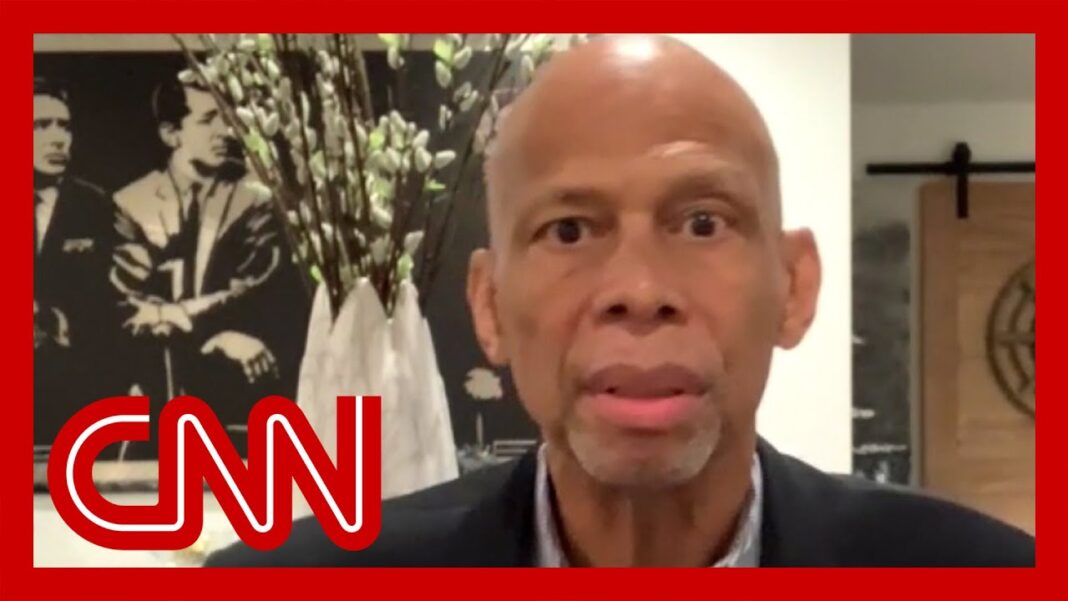- Targeting Children Is Facebook’s ‘Big Tobacco Moment’
- Zuckerberg Blasted for Going Sailing
- Democrats, Republicans Join in Promising Action
- Democrats and Republicans Diverge on Specific Problems
- Don’t Break Up Facebook With Antitrust: Haugen
- Facebook Calls For New ‘Standard Rules’
The Senate heard testimony Tuesday from former Facebook employee Frances Haugen, who came before the Subcommittee on Consumer Protection, Product Safety, and Data Security to raise the alarm about practices in Facebook that she said demanded congressional action.
While there was broadly bipartisan consensus that regulations on the social media platform should be strengthened, Democrats and Republicans emphasized different concerns throughout the course of the hearing.
After the hearing, Facebook issued a statement suggesting it was open to having the government “begin to create standard rules for the internet.”
The hearing itself was initially prompted by an exposé by The Wall Street Journal that showed Facebook had hidden research data on the harmful effects of its platform. However, the conversation between Haugen and the subcommittee delved deeper into the company’s practices.
Here are the six key takeaways from the three-hour-long hearing:
Targeting Children Is Facebook’s ‘Big Tobacco Moment’
Sen. Richard Blumenthal (D-Conn.) immediately identified the stakes of the hearing in his opening statement.
“This is Facebook’s Big Tobacco moment,” said Blumenthal. He compared the revelations about Facebook hiding data about its service to similar efforts by the tobacco industry to hide information that cigarettes caused cancer.
Blumenthal said that “[Facebook] doubled down on targeting children.” Specifically, the senator said that the company was guilty of “pushing products on preteens—not just teens, but preteens—that it knows are harmful to our kids’ mental health and wellbeing.”
Though children aged 12 and under are prohibited from using Facebook and its subsidiary Instagram under its terms of service, often they are able to fly under the radar on both platforms. Haugen said later that the sites’ algorithms can then work to target ads at these children through information it gathers on them even though they are not allowed on the platforms.
Blumenthal cited a claim from a Facebook representative that the information in The Wall Street Journal exposé is “not a bombshell.” He countered, “This is the very definition of a bombshell.”
He said that the documents showed that Facebook executives “value their profit more than the pain that they cause to children and their families.” Haugen nodded to show her agreement with the line.
Haugen said that she had seen internal company documents that emphasized the importance of getting “tweens”—children between 8 and 12 years old—onto the platform. These children can help bring their parents onto the platform, Haugen explained.
“They understand the value of younger users for the long-term success of Facebook,” she said.
Haugen also emphasized at various points throughout the hearing that Facebook’s overarching goal is to get more people onto the platform for longer, as this maximizes their ad revenue. For this as well, Haugen said, children make ideal consumers.
She explained, “I would assume [children are profitable to Facebook] based on advertising for things like television. You have much higher advertising rates for customers who don’t yet have preferences or habits.
By Joseph Lord







